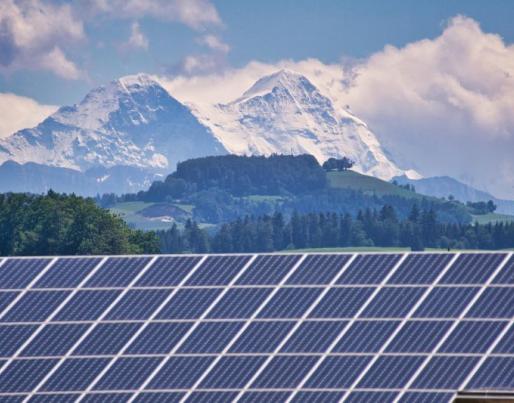The role of energy agencies in the energy transition

The role of energy agencies in the energy transition
What is the main role of energy agencies in the energy transition? They play an important role locally to build strong and positive narratives which can give the right messages to the actor groups. The Energy Efficiency Watch (EEW) project has analysed energy policies and actors´ response.
As energy agencies, we have an important role to play in our regions in building strong, positive narratives for the energy transition. The extensive Energy Efficiency Watch 4 (EEW4) survey of 1 270 experts in all EU countries offers valuable insight for improving our messaging and the actor groups we work with. Are we talking about the right things? And to the right people?
Ups and down in policy ambition
The ambition of sustainable energy policies often fluctuates with changes in political leadership, such as after elections. Within the Energy Efficiency Watch (EEW) project, we analysed exceptions from such developments and found that policy ambition remains more stable in countries and regions where a society-wide acceptance is reached on ‘why’ they want the energy transition to take place.
The missing ‘why’
These ‘whys’ – the so-called narratives – are messages, embedded in a wider framework, that impact our understanding of reality. They allow us to put topics into a context and provide meaning that resonates with people and helps achieve buy-in from larger societal groups.
The extensive EEW4 survey of 1,270 experts in all EU countries, carried out in 2020 clearly shows the importance of jobs, competitiveness and investments in the public debate. As energy agencies, this offers us valuable insight for improving our messaging and the actor groups we work with. The current price crisis is, among others, the result of insufficient attention to energy security (which also ranked low in the survey) and also to energy efficiency as a pillar of diversification. Especially in times like these, there is an obvious need for updating existing narratives and remaining flexible for new developments!
Leaving our comfort zone
Using energy savings and climate protection as main arguments for the energy transition has often brought good results. However, many people and groups do not consider these sufficient for changing their behaviour or investment patterns.
How can we speed things up?
Read the full article here.